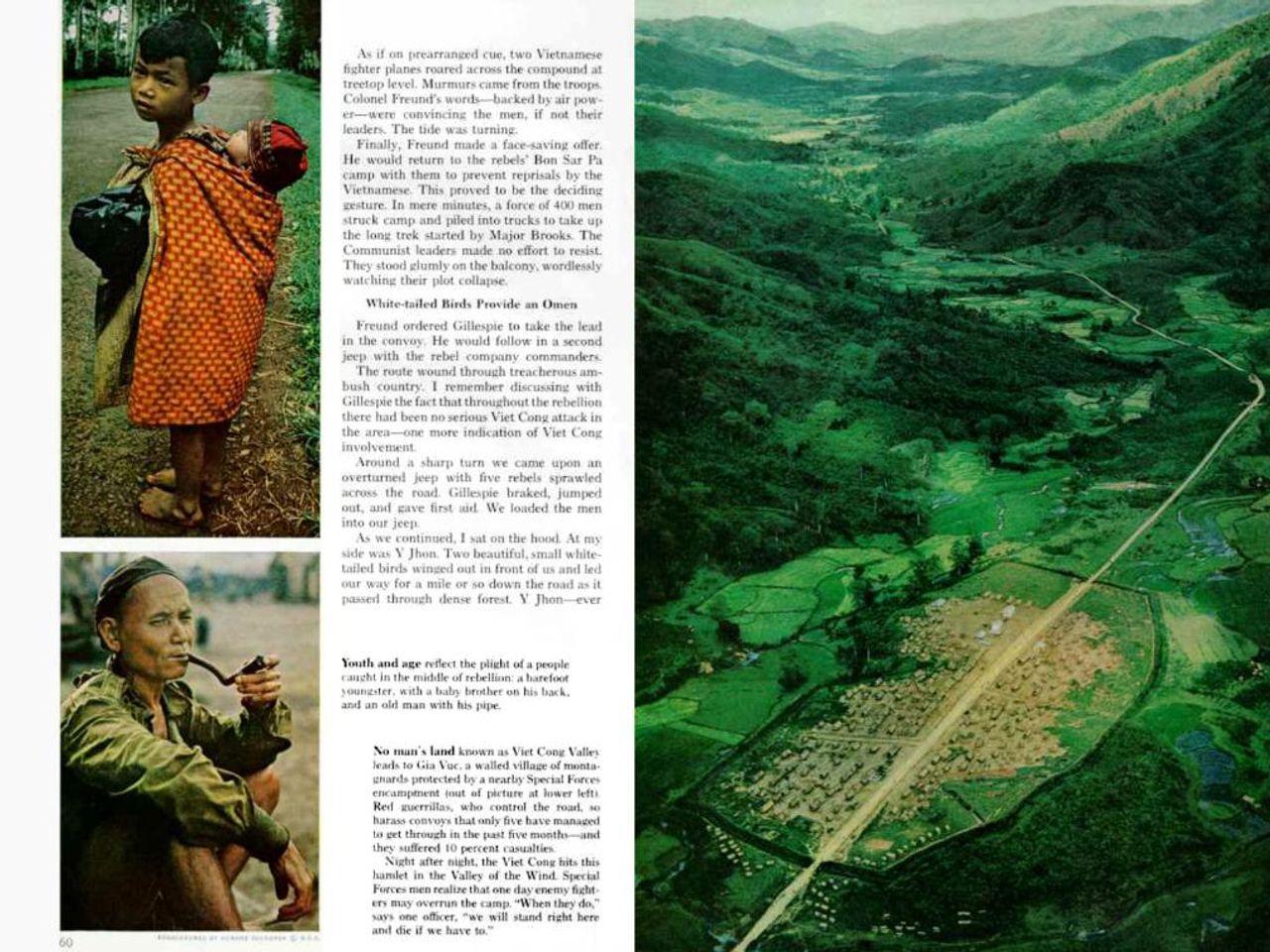Military Forces Hailed - A Roaring Approval - Praise
In the hallowed halls of my primary school, the profound verses of "The Charge of The Light Brigade" by Lord Alfred Tennyson echoed within me, igniting a sense of pride for our valiant soldiers. Their unwavering courage, etched in the lines,
"Theirs not to make reply, Theirs not to reason why, Theirs but to do and die,"
has remained etched in my memory, undiminished by the passing years. Our Men in Uniform stand tall, deserving of respect, their gallantry comparable to the finest armies worldwide.
Pakistan, founded upon the vision of Quaid-e-Azam Muhammad Ali Jinnah, strove for harmony and peace with neighboring countries. Regrettably, India has yet to come to terms with the creation of Pakistan, perpetually engaged in hostilities. From skirmishes to full-scale wars, we have fought to foster peace.
The ascension of Narendra Modi in New Delhi has only fueled Indian aggression. His deep-seated hatred towards non-Hindus remains unwavering, and he has failed to express regret for the atrocities committed during the Gujarat riots. He is not a man of peace, but a war monger.
Remember, Nathuram Godse, the assassin of Mahatma Gandhi, was hailed by the Rashtriya Swayamsevak Sangh (RSS)—the same party Modi joined at age 17. This history looms over Modi's rule, casting a shadow of suspicion.
In an attempt to divert attention from internal strife, India orchestrated the Pahalgam incident, claiming Pakistan's involvement in terrorism. However, their false flag operation was exposed, costing them international credibility.
The infamous "Operation Sindoor" was launched on May 7th. Sindoor, traditionally a symbol of a woman's marital status in Hinduism, was an ironic choice for such a violent operation. India attacked civilian sites across multiple cities, killing women, men, children, and infants. Yet, Pakistan responded with restraint, upholding honor and dignity.
The Indian media, particularly in the North, spun tales of victory and Pakistani atrocities. However, their exaggerated claims quickly unraveled, revealing a web of lies and delusions. The South, in contrast, remained aloof from the cacophony.
Ultimately, Pakistan delivered a firm response on May 10th, turning the security landscape of South Asia upside down. Pakistani forces downed several Indian fighter jets, including the now-infamous Rafale aircraft, and launched drones over New Delhi. The cyberspace also witnessed a barrage of attacks, crippling India's energy supplies.
India, taken aback by Pakistan'sresponse, initially denied losses. However, admissions of casualties eventually surfaced, acknowledging Pakistan's successful counter-attack.
(Continued in the next part)
© Business Recorder, 2025
Operation Sindoor Overview:Operation Sindoor was a major military operation launched by India in response to a terrorist attack in Pahalgam, resulting in the deaths of over 80 terrorists. The operation targeted nine terrorist camps across Pakistan and Pakistan-occupied Kashmir (POK).
Historical Context:India-Pakistan tensions date back to the 1947 partition and have spanned several conflicts:
- The 1947 Indo-Pak War: A UN ceasefire was established, leading to the creation of the Line of Control (LoC).
- The 1965 Second Indo-Pak War: The Tashkent Agreement was negotiated following the conflict.
- The 1971 Bangladesh Liberation War: India intervened on behalf of East Pakistan, leading to the formation of Bangladesh.
Operation Sindoor Details:
- The operation involved precision strikes against terrorist camps associated with the 26/11 Mumbai terror attacks.
- This military action marked a significant escalation in tensions and represented India's first strike in Pakistan's Punjab region since the 1971 Bangladesh Liberation War.
Pakistan's Response:Details of Pakistan's military response to Operation Sindoor are not extensively covered in the available information. However, Pakistan typically responds with diplomatic rhetoric and sometimes with military actions along the LoC. They also seek international support and condemnation of Indian actions. In broader terms, Pakistan's armed forces have employed various countermeasures, including retaliation along the LoC and diplomatic measures to shape the narrative in their favor. Historically, Pakistan's armed forces have engaged in a range of responses to Indian aggression.
The echoes of the verse from "The Charge of The Light Brigade" serve as a stark reminder of the unwavering courage displayed during wars and conflicts, as Pakistan finds itself again embroiled in a political firestorm due to India's aggression, particularly in Operation Sindoor. This modern-day "charging Light Brigade" is not just the military, but also the diplomatic corps, working tirelessly to defend national interests amidst escalating war-and-conflicts and political Fires.




